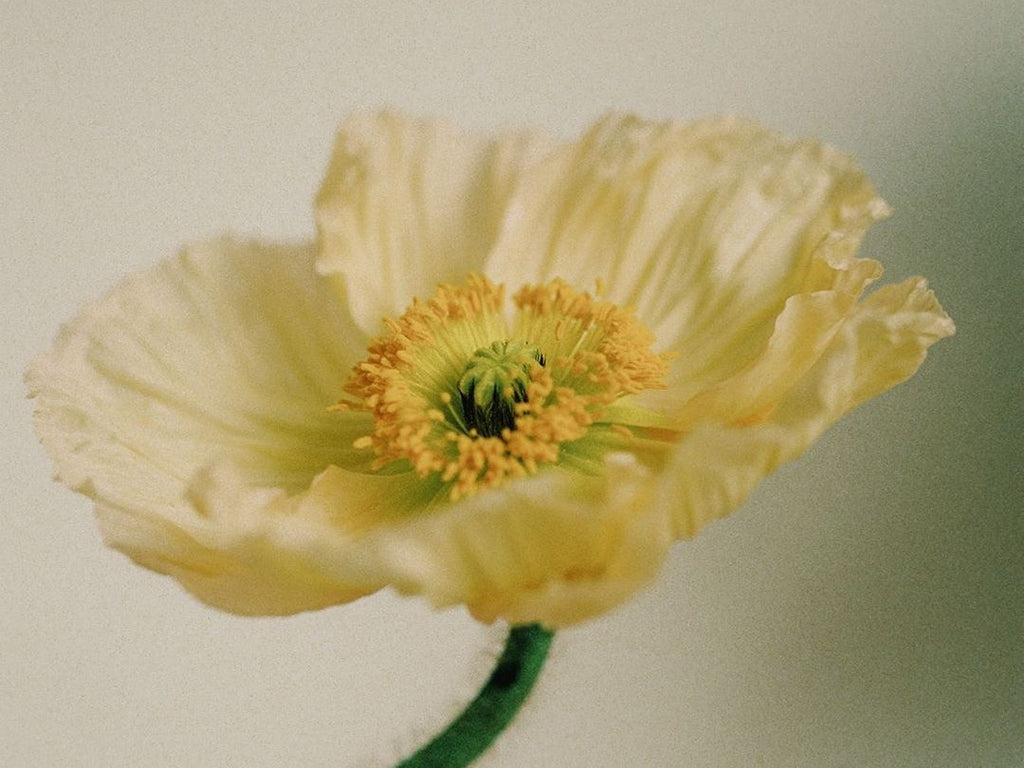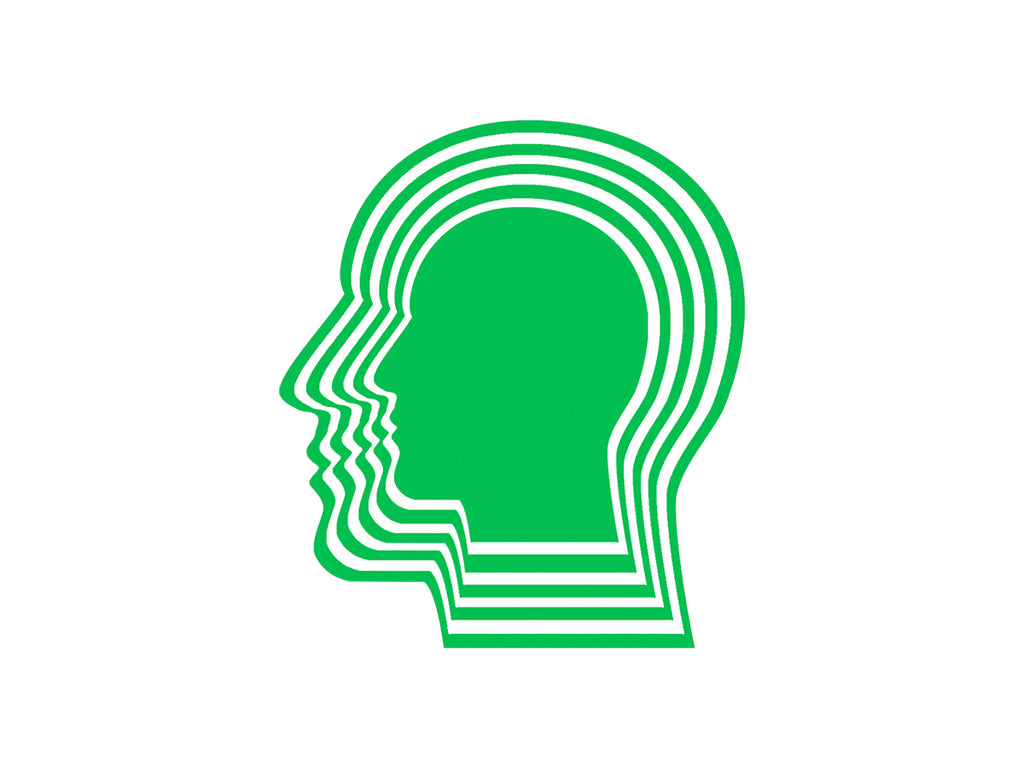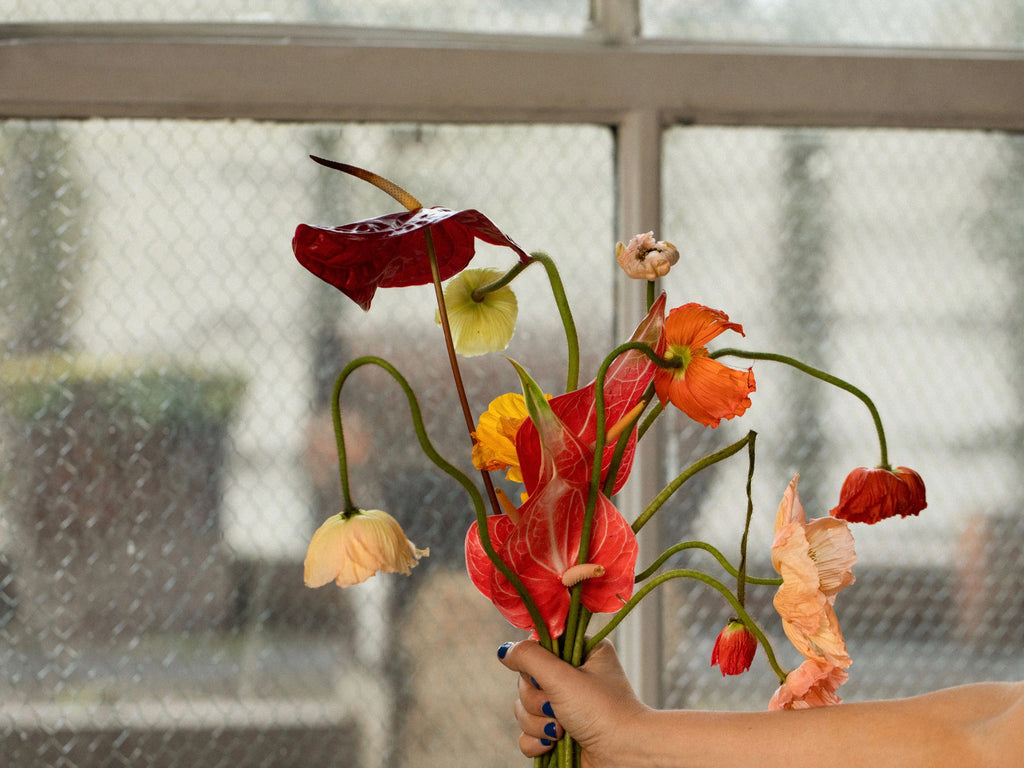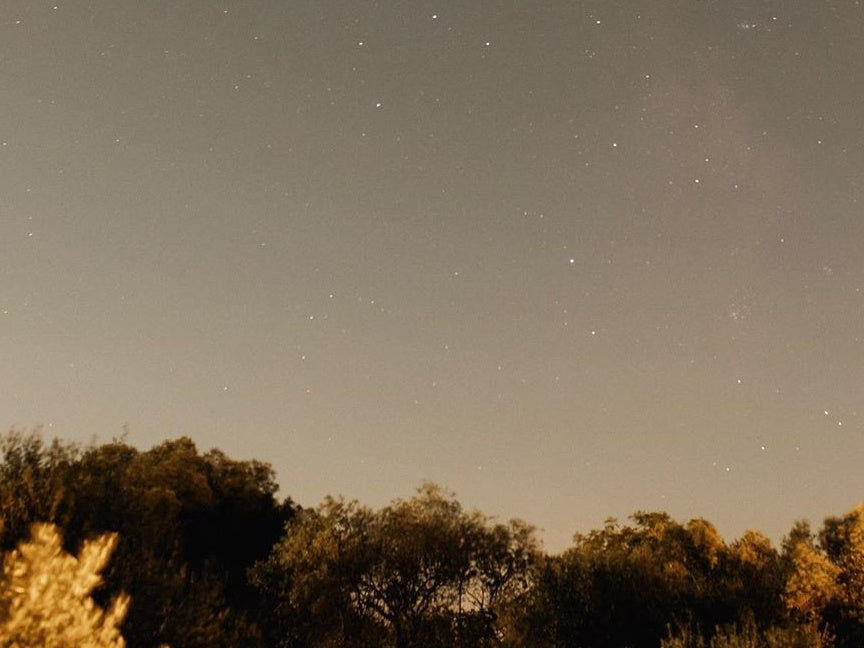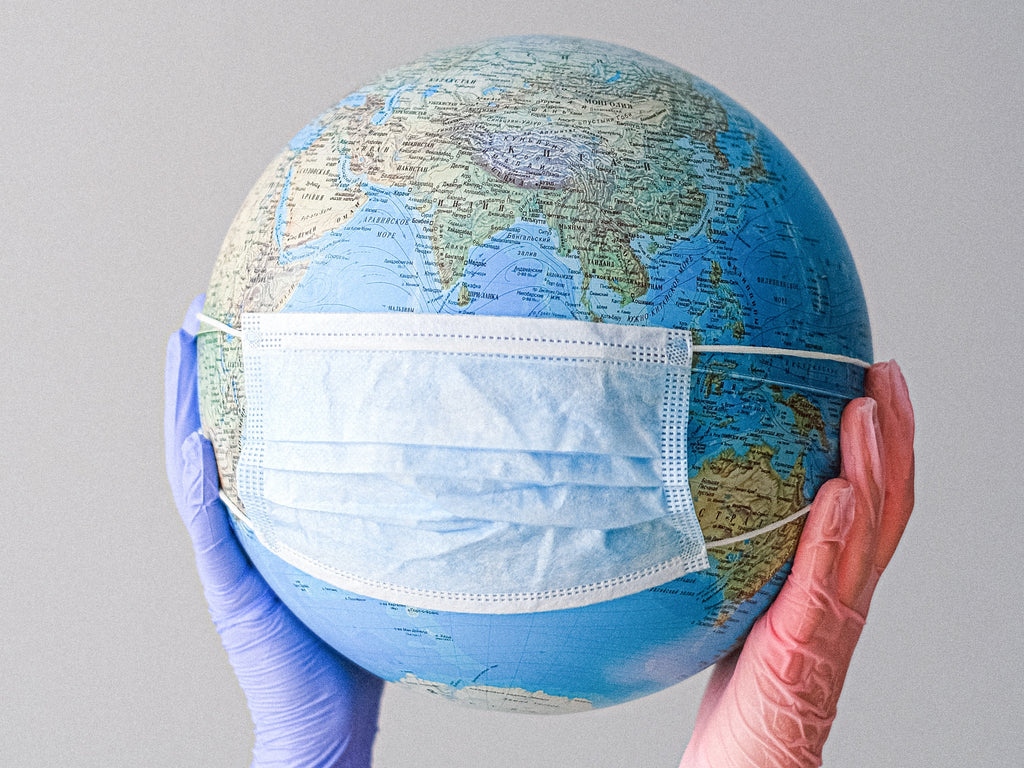What Does Sobriety in 2020 Look Like?
Being sober today isn’t just having a moment – it’s a movement.
It’s hard to ignore that sobriety is having a moment in 2020. There’s the wave of people who decide to start the year by embracing a “Dry January”, but sobriety culture has moved beyond the usual cutting back on alcohol after a heavy holiday season and into something closer to a movement.
What has been building for years as a shift among many millennials and young professionals toward drinking less has begun to blow up this year. The hashtag #SoberLiving is all over Instagram, major magazines are publishing guides on trying sobriety and more people are re-evaluating their relationship with liquor. It seems like everyone has at least one friend who has decided to take a break from drinking or has embraced a sober lifestyle themselves.
But what does sobriety mean in 2020?
Sobriety has shifted from something that is talked about as solely part of recovery into a broader, more nuanced way of looking at what it means to stop or decrease drinking.
For a myriad of reasons, there are people who have decided to swear off drinking for good. However, a lot of today’s zeitgeist seems to be focused on people who wouldn’t describe themselves as having drinking problems, but who just want a better and healthier balance in the way they have fun.
What’s being described as being “sober curious” is getting a lot of attention from media, influencers, and companies who are all realizing that there’s a large group of people out there who want to cut back. There are now sober raves, sober curious retreats with an emphasis on wellness and in some cities like New York, an entire sober bar scene that offers all the ambience of a night out but with non-alcoholic mocktails.
The beverage industry has taken note as well, and are cashing in on the fact that the recent trend towards drinking less isn’t going anywhere. Almost every major beer maker has debuted a new and improved non-alcoholic version of their product in recent years, while craft non-alcoholic breweries like HopTea and Athletic Brewing Company have begun offering inventive takes on beer that wouldn’t look out of place inside a bar. There’s a booming young industry around the sober curious, recognizing that stopping drinking doesn’t have to mean stopping going out.
There are also people who aren’t against all forms of intoxication, but have come to realize that alcohol just isn’t for them, or that they want to solely use healthier substances.
The so-called “Cali sober” movement – staying off the booze but enjoying weed and sometimes psychedelics – has become increasingly in vogue, especially among professionals who are too busy to deal with a mid-week hangover but want to relax with a joint at the end of a long day.
Now that legalized marijuana is big business in North America, there’s also less of a stigma around talking about weed use in professional settings.
Then there’s the trend of microdosing drugs like magic mushrooms and LSD. New research into the benefits of psychedelics from popular scientists such as Michael Pollen has helped to bring them into the mainstream. Experimenting with psychedelics has broken out of techie circles in San Francisco and left behind its hippy connotations to reach a wider range of people, coming at the perfect time for anybody looking at alternatives to alcohol.
If it seems like you’re hearing more and more about the movement towards companies providing alcohol-free options and the growing “sober curious” movement, it might also be because alcohol consumption has actually been on a steady decline globally for the past decade. The idea of temporary breaks from alcohol has also become something that is more socially accepted as it becomes more commonplace – a recent poll showed that one in five Americans are doing Dry January this year.
There’s plenty of science to back up why taking a break from drinking – even for short periods like a month – is a good idea if you want to feel fitter, healthier and more productive.
A study from researchers in Britain found that taking a month-long break from drinking led to people reporting they slept better, felt a sense of accomplishment, had more energy, and lost weight. Many also said that they saved money, and drank less in the months after their booze break ended.
People want options. They don’t want to necessarily commit to stopping drinking forever, but they realize that variety is the spice of life and it’s good to take breaks to reconnect with ourselves. If the last few years of wellness culture has taught us anything, it’s that we’re revisiting the old patterns that dictated how society used to function, and looking for a way to feel less disconnected and more ourselves. For a lot of people, that means reevaluating drinking – an activity they might have been doing every weekend since they were a teenager — without really thinking about why they were doing it or what it does to their well-being.
Photo courtesy of Nate Johnston.
You may also like...
The Latest
People & Places
How Ara Katz is Redefining “Self-Care” as Rooted in Science with Seed
The co-founder, mother, and self-proclaimed serial entrepreneur unpacks her philosophy on what it means to be well. Ara Katz hates the word “success”. Not because of its listed definition in a di...

Do Good Werk
9 Passive-Aggressive Email Phrases That Are Basically Evil
A Rosetta Stone for every time you want to :’).

Woo Woo
Get to Know Your Astrological Birth Chart
How to find meaning in the stars — and what it means for you.

People & Places
The 5 Best Places In New York To Meet Your Next Investor
Where to rub shoulders with the city's movers and shakers.

Do Good Werk
10 Unhealthy Thoughts You Convince Yourself Are True as a Freelancer
If you work alone, you might be particularly susceptible to distorted thoughts that hurt your mental health.

People & Places
Creating a Conference-Meets-Summer-Camp for Adult Creatives
An interview with Likeminds founders Rachael Yaeger and Zach Pollakoff This past September, I sat in front of an obituary I wrote for myself after a session with a death doula. No, I didn’t know w...

People & Places
When Something Golde Stays: An Interview with Golde’s Co-CEOs
“For us it was never a question,” says Issey Kobori, speaking of the decision to build a business with his partner Trinity Mouzon Wofford. At just shy of 27, Kobori and Wofford have secured a host ...

Better Yourself
Are They Toxic? Or Are They Human?
There’s a difference between putting up boundaries and putting up walls, and the latter is what breaks relationships.

Do Good Werk
How To Combat Seasonal Affective Disorder At Work
Here’s what to do if seasonal affective disorder starts to take a toll at the office.

People & Places
Reclaiming Womxn's Wellness Spaces from a White-Dominated World
How The Villij built a collective that their community can connect to.



